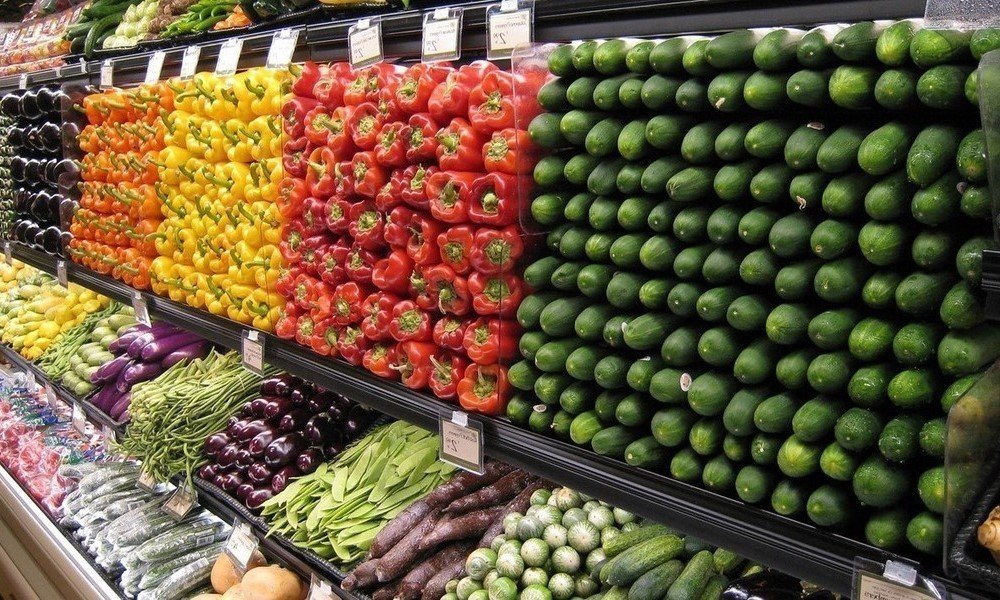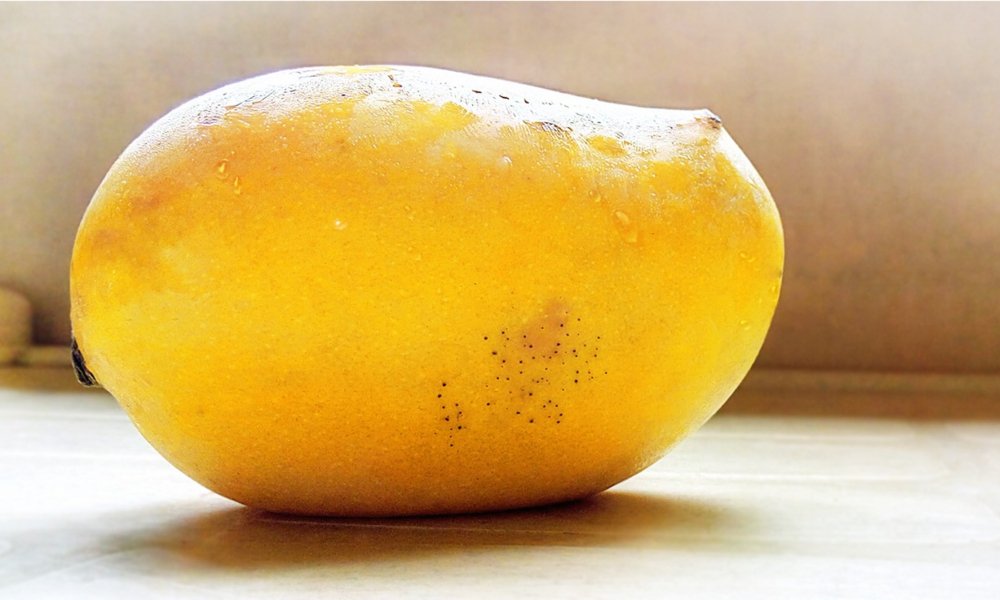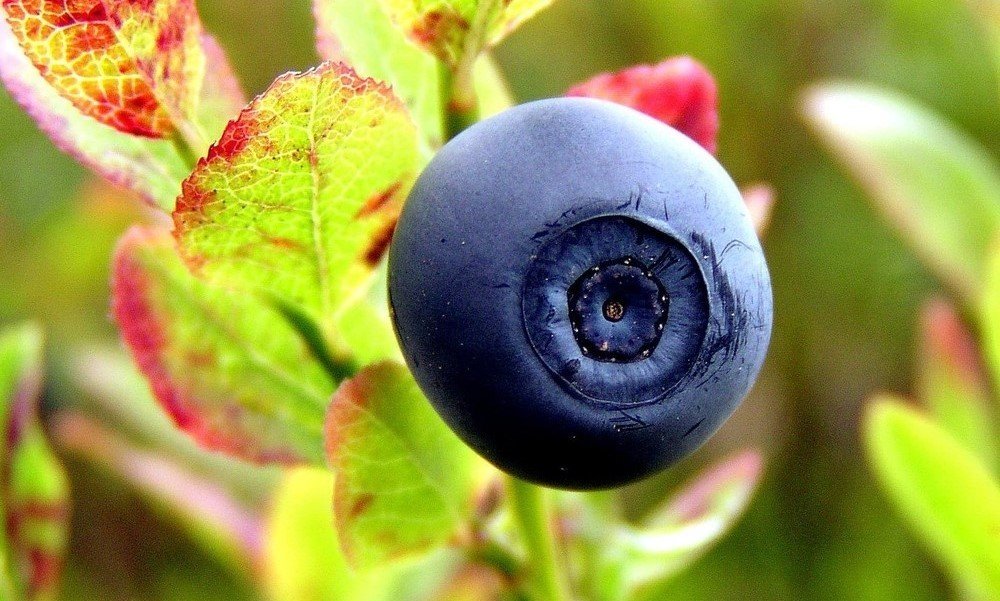A lot of people nowadays are health-conscious, and that’s a good thing, but how much do they really know about “healthy eating” or healthy food? And we often hear the term “superfood” used to describe a variety of fruits and vegetables, but what does it really mean? Inquiring minds wants to know…
While a superfood is generally viewed as a nutrient-rich food beneficial for one’s health and well-being, there is actually no official definition for the term and the EU, in particular, prohibits any food from being labeled as a superfood unless backed by scientific proof.
- Have Diabetes or Heart Disease? Eat Blueberries to Improve Symptoms
- Acai Berry Juice Found to Cure Leukemia
Acai berries, avocados or quinoa, for instance, are often cited as quintessential superfoods because of their supposed high concentration of antioxidants, which are chemicals that can protect our body’s cells against the harmful and deleterious effects of free radicals, but some experts have reason to believe people put way too much faith in their healing properties.
In an effort to win your hard-earned money, food manufacturers go the extra mile to fund academics to research certain health benefits of their products (e.g. slow down the ageing, treat depression and anxiety, and boost physical ability and even intelligence). Unfortunately, while many people falsely believe that eating a fruit or vegetable rich in antioxidants will immediately revive their dead cells, this isn’t the case.
You see, most studies on superfood tested chemicals and extracts in concentration not found in the food in its natural state. Garlic, for example, contains a nutrient that allegedly helps reduce cholesterol and blood pressure, but in order to reap those benefits, you would have to eat 28 cloves each day to match the concentration used in lab research.
Nancy Clark, author of Sport Nutrition Guidebook, a best-selling selling nutrition guide, told Askmen in an interview:
“Whenever I see a food that is called ‘super,’ I wonder about the marketing behind it. Any food can be super. Blueberries are the best berries that are blue. I think the term is meaningless. I have an older sister, and my mother used to say, ‘You are my favorite youngest daughter.’ It amounts to the same thing.”
Even worse, people mistakenly believe they can undo the damage caused by bad food by temporarily binging on superfoods and, as such, continue to make routine choices that are not only unhealthy but also increase their risk of long-term illness.
The truth is, when it comes to staying healthy, you shouldn’t concentrate on any one food believing it will work miracles. In fact, elevating a food to ‘super’ status unnecessarily complicates things.
Mix things (healthy foods, that is) up and listen to your body because when you eat mindfully, you end up having a balanced diet. Dietitian Lindsey Schnell explains:
“Quinoa is touted as a complete plant protein, but that doesn’t mean that rice and beans won’t do the trick in combination. Oats are often on the superfood list, but an apple has the same amount of soluble fiber. There are lots of trade-offs that are just as good but don’t get that ‘super’ label.”
Does this mean foods billed as as “superfoods” are bad for you? Of course not. What it does mean, however, is that we are getting too preoccupied with the marketing hype of nutrition and missing the bigger picture of what it means to eat healthy for the sake of longevity, vitality, physical performance and weight management. Food is meant to to be enjoyed… smartly.















